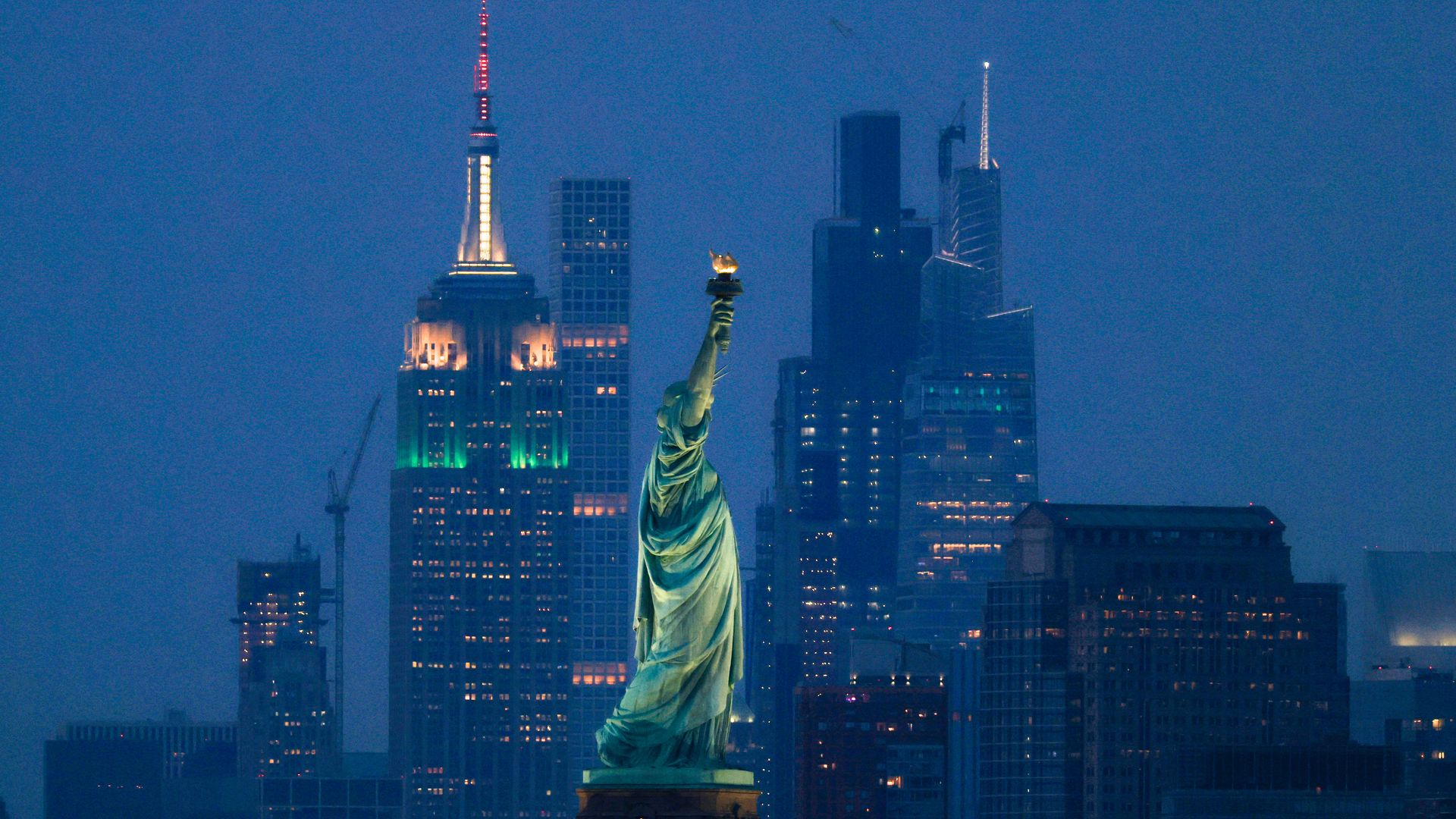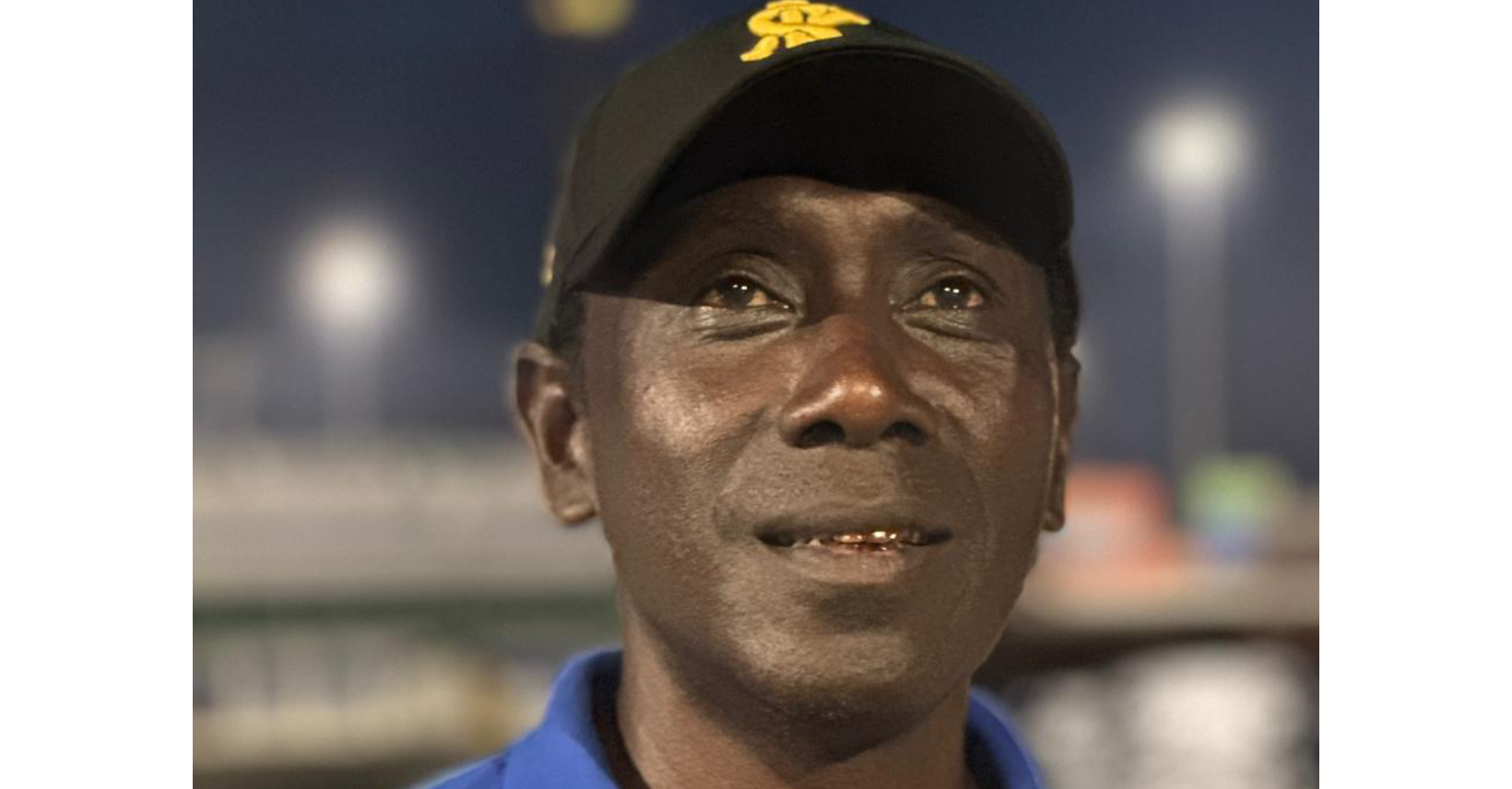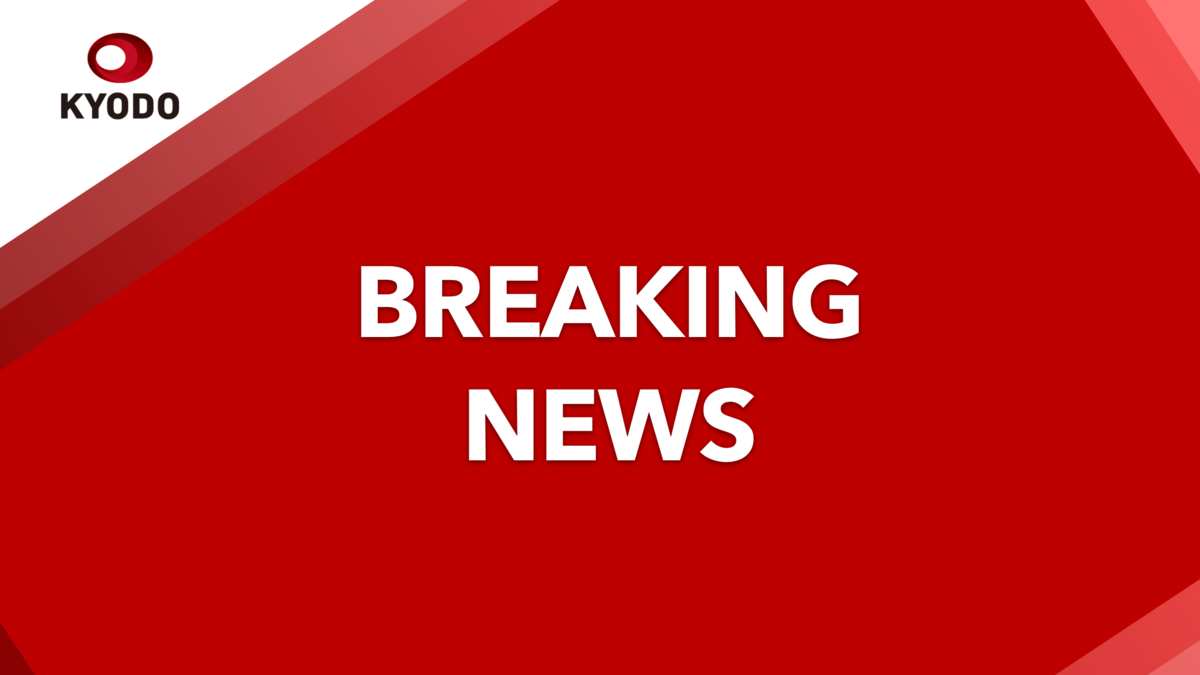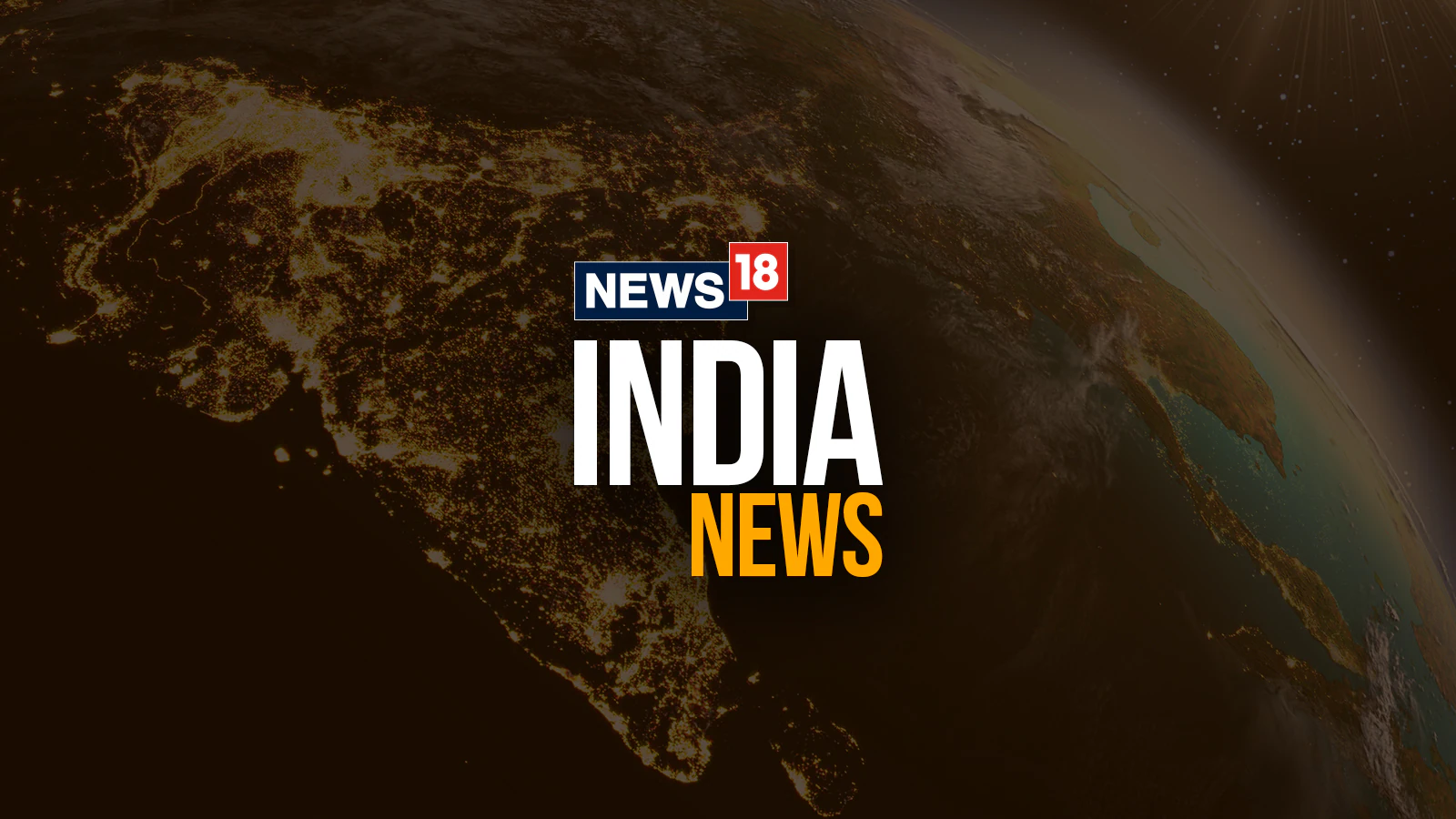By Gercine Carter
Copyright nationnews
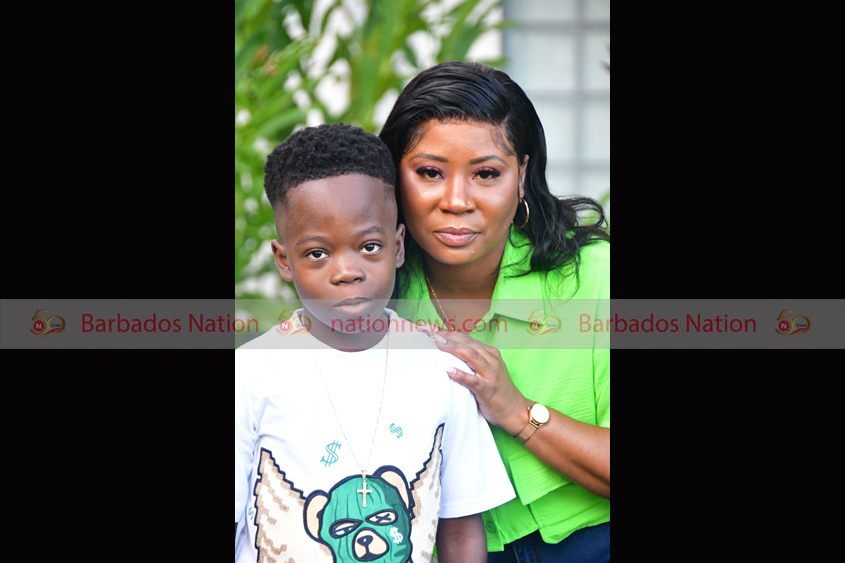
Jiovanni Osbourne began his first term at the Alleyne School this week excited at moving to another phase of his education after doing well in the Barbados Secondary Schools Entrance Examination.
However, the 11-year-old is also pondering his ability to meet the new academic challenge while fighting an illness that has dogged him throughout primary school.
Jiovanni was diagnosed at age four with the life-threatening condition beta thalassemia major, a rare blood disorder for which he must undergo regular blood transfusions.
He knows what it means to miss school often because of hospitalisations for the blood transfusions, which a doctor told his mother Janelle Osbourne he would need “for the rest of his life”.
Children with thalassemia major do not gain weight or grow at the expected rate; may have an enlarged spleen, liver and heart and their bones may be misshapen. Jiovanni is already suffering some of these effects.
“His illness not only affects him physically, it also affects him academically,” said his concerned mother.
“When we went to his paediatrician for a normal check-up when he was four, she looked at him and said he looked strange. She looked at his eyes, she looked at the shape of his head, his height and everything.
“His tummy was really large for his age. We just thought that was because he liked to eat a lot. But when we took him to the haematologist at the Queen Elizabeth Hospital, she said he had an enlarged spleen and an enlarged liver, so that’s the reason for the large tummy.”
When his paediatrician told them he was a little bit too short, Osbourne thought, “Mummy is short and daddy is short”.
“But as time progressed, we saw exactly what she meant because when he was in Class 4, he was really short compared to the other children his age. Then when I went to orientation at Alleyne, I looked at the other first-formers and it was like he was a baby compared to them,” she said.
The mother said the diagnosis was a blow.
“It is hard just knowing that you have a child that is sick and the illness is an extremely rare condition, and the thought that you can’t do anything to help the child physically, as a mother.”
She immediately set out on a mission to find a cure, a bone marrow transplant, the downside of which was that the exorbitantly expensive procedure could not be done in the Caribbean.
“Someone told me about the Sandy Lane Charitable Trust and they had agreed to assist us. I telephoned the hospital in India just before COVID and we were gearing up to go there, but COVID hit India really, really badly, so the hospital in India told us that they’re not accepting any international patients at that time,” Osbourne told the Weekend Nation.
She had already contacted hospitals “from Cuba to China to Thailand to Japan”, and it was back to the drawing board for the determined mother.
“Someone told me about St Jude’s Hospital [in Tennessee, United States], and I researched it. I made my phone calls, my emails, et cetera and they wanted his medical summary. I told them that I have his notes from the hospital, but they said that they can’t take anything from me, it has to come from his particular doctor. But that information wasn’t sent in time and by the time it was sent, they didn’t have the facilities to accommodate him anymore.
“I called them back about twice or three times to find out if they had the facilities available, I called recently and they don’t have anything available up to now.”
Next, she contacted the Mayo Clinic, which said the procedure would cost US$600 000, all of it to be paid “up front”.
“We had to dismiss Mayo Clinic because that’s $1.2 million Bajan dollars. Right now, we are in talks with Columbia and their price is about $300 000. It is still a lot, but it’s significantly better than the others.”
While she is organising a fundraiser, there is also the concomitant search for a bone marrow match, a task which Osbourne has been forced to undertake herself.
She explained: “I had tested my daughter before, when we were going to India, but she is only a 50 per cent match and that is not good. The best scenario is 80 per cent and above to be a match, so now I have to find someone else.”
She was told by doctors here there neither she nor Jiovanni’s father can be donors since they have “a trace” of their son’s condition.
It has been a double whammy for Osbourne, who is not only having to source the money to pay for the surgery, but also cover the cost of the potential donor’s travel and tests.
Meanwhile, she tries to treat Jiovanni “as a normal child”.
“I have to always keep my eye on him. I worry a lot for him. There are certain things he can’t do.
“Even in school, when he is writing, the bones in his hands hurt, because the bones all over his body sometimes hurt him, and the bones in his hands usually hurt when he is writing too much.
“So, sometimes, the teacher will have to take a picture of what she has written on the board for me so that I can write it out for him.”
She takes comfort that Jiovanni is generally happy and tries to push “through, even when he is in pain”.
“Sometimes, he says something is not hurting him, but you can tell that he is in pain.”
Osbourne is appealing for assistance and has opened an account at the CIBC bank’s Warrens branch and a GoFundMe account.
